Lecture 3 Energy Systems Overview
Gang He
September 6, 2022
Energy systems
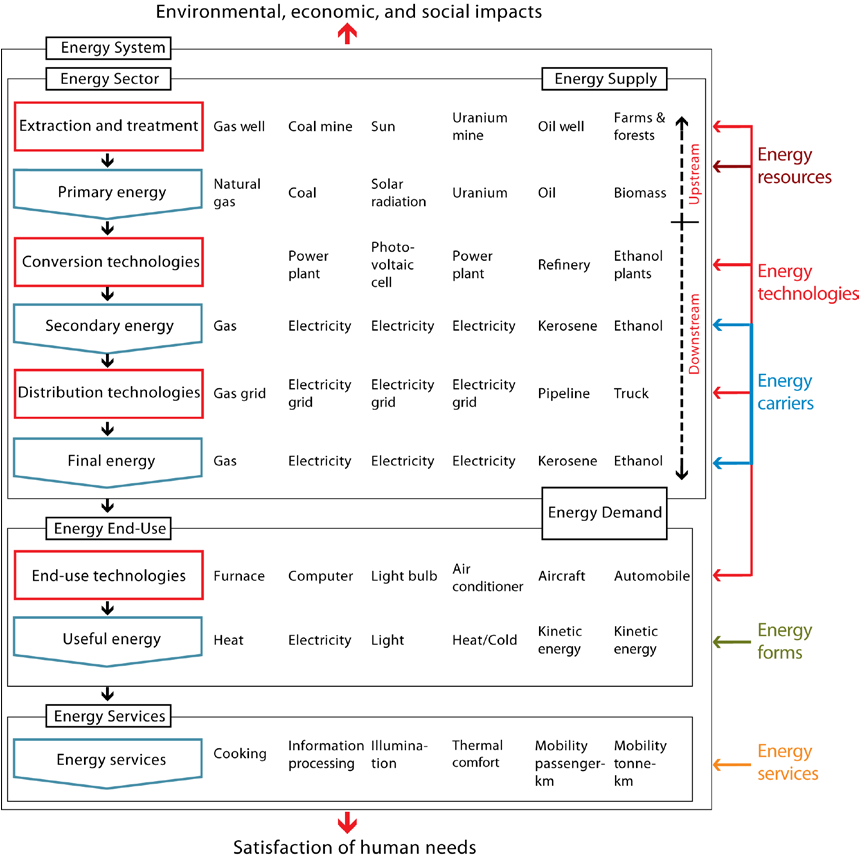
Source: IIASA, Energy Primier
Resources vs reserves
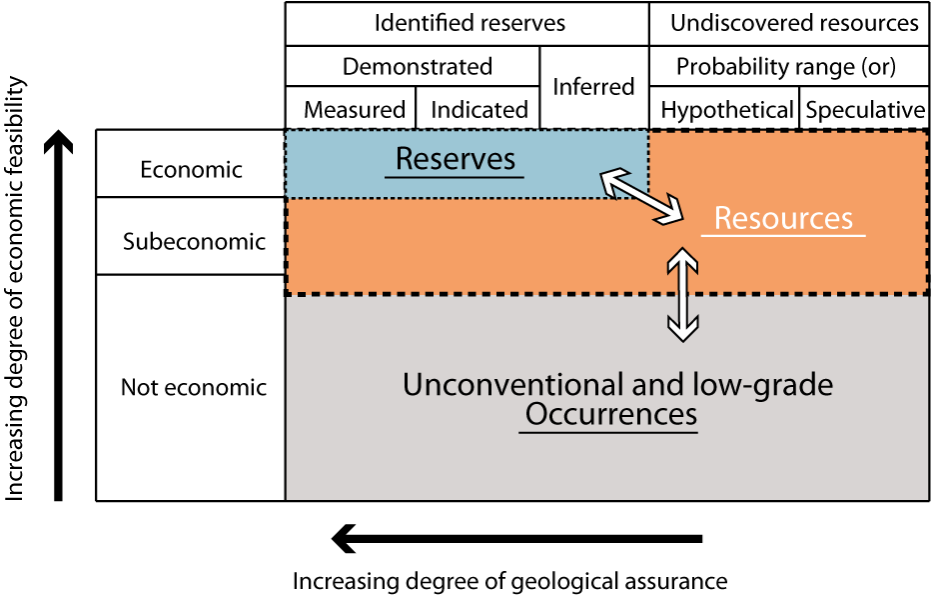
Source: IIASA, Energy Primier
Energy and their conversions
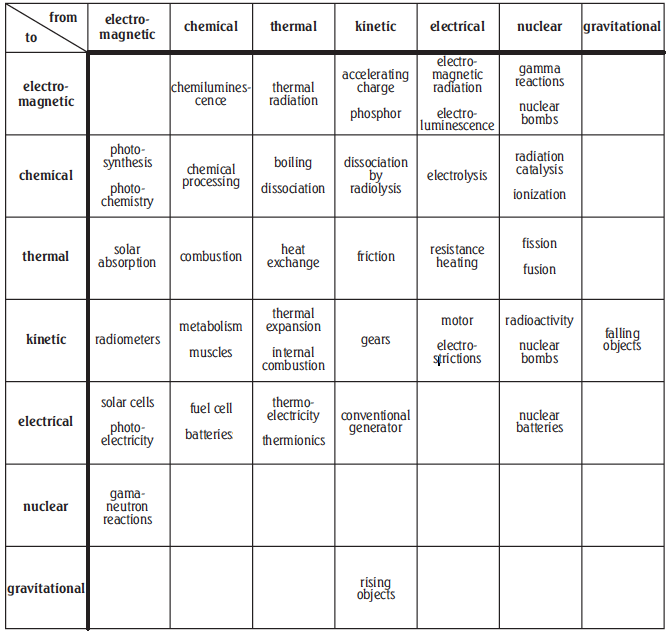
Source: Smil (2017)
Global energy flow
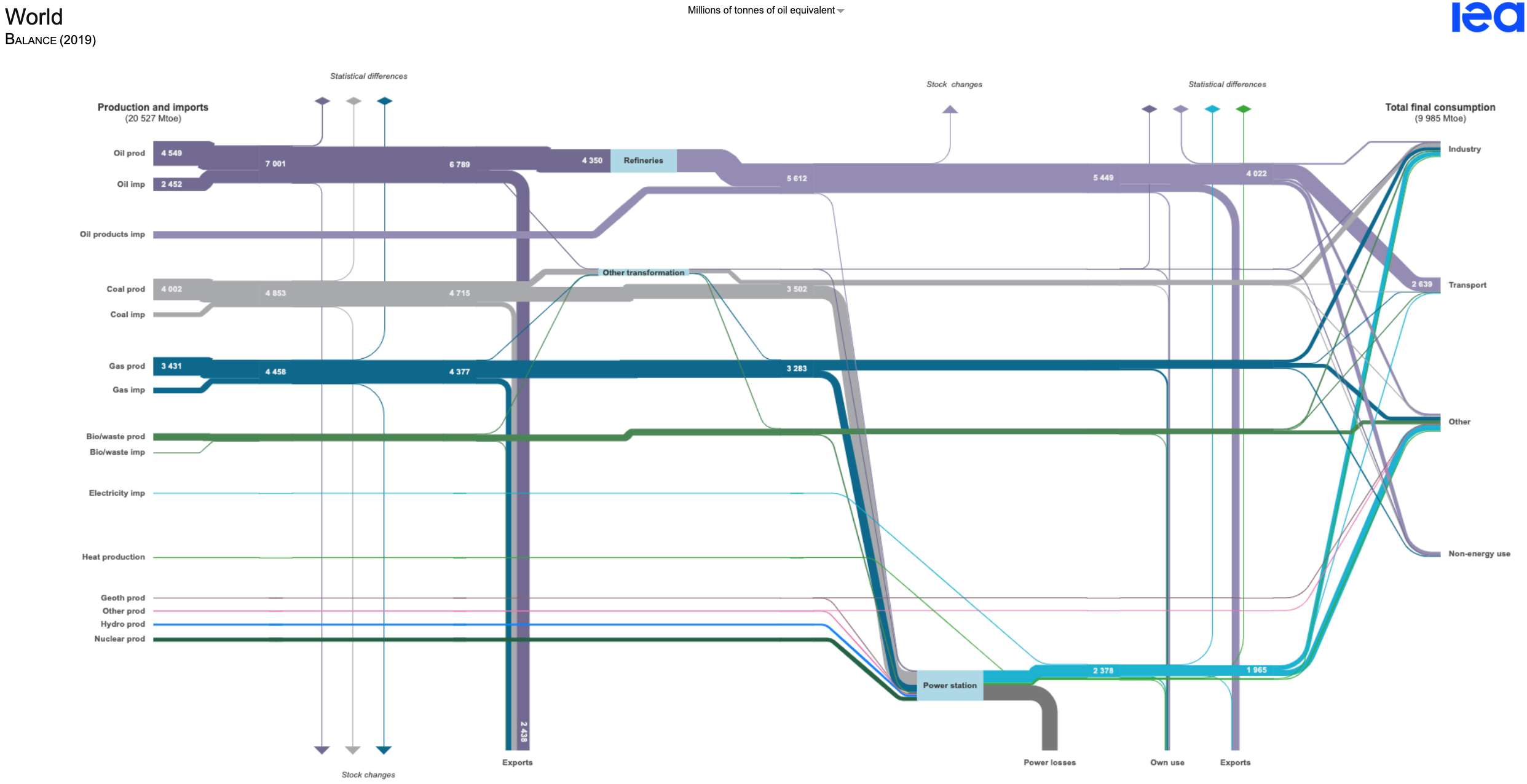
Source: IEA
U.S. energy flow

Source: LLNL
Energy by supply
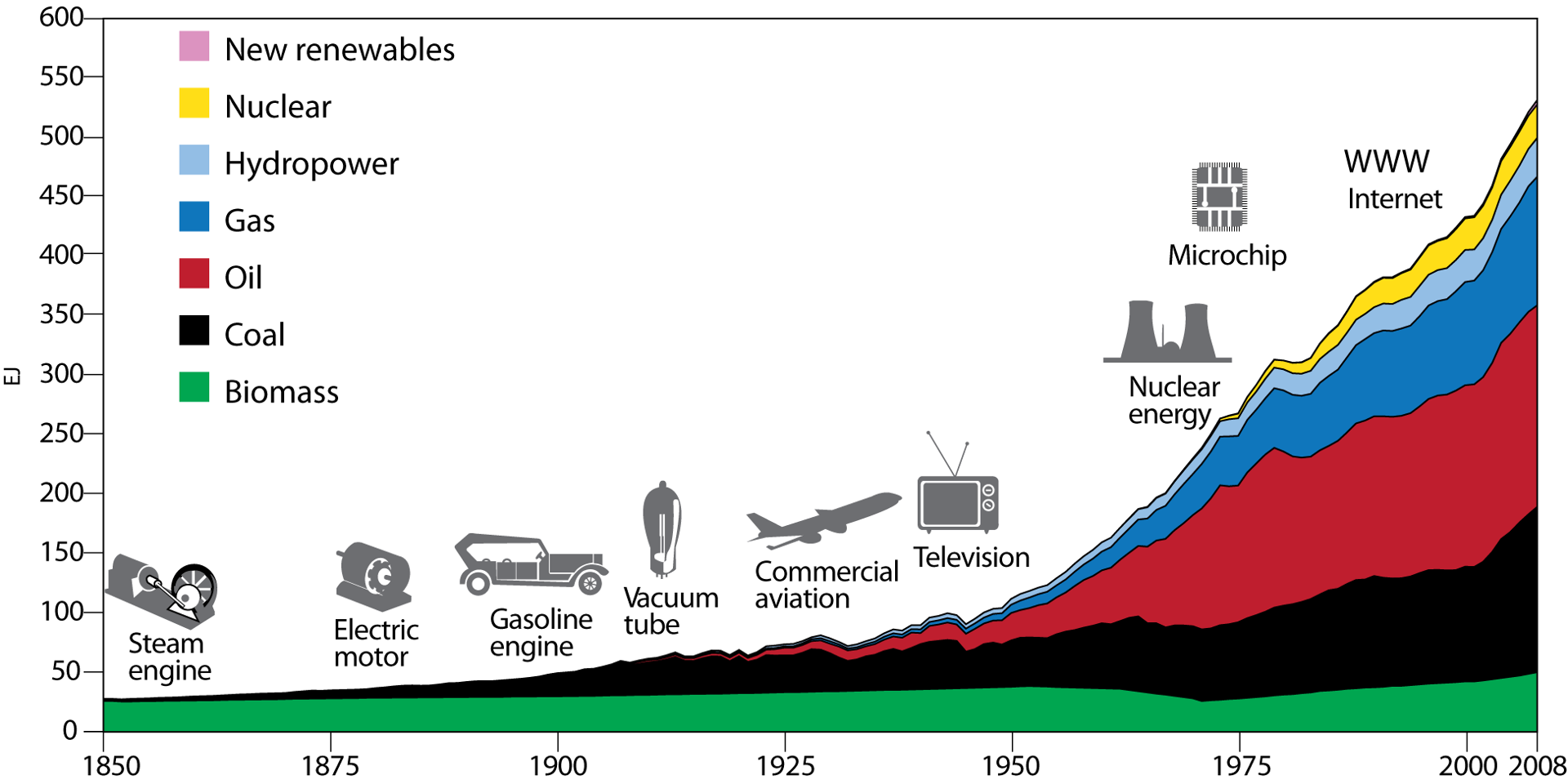
Source: IIASA, Energy Primier
Energy end-use by sector
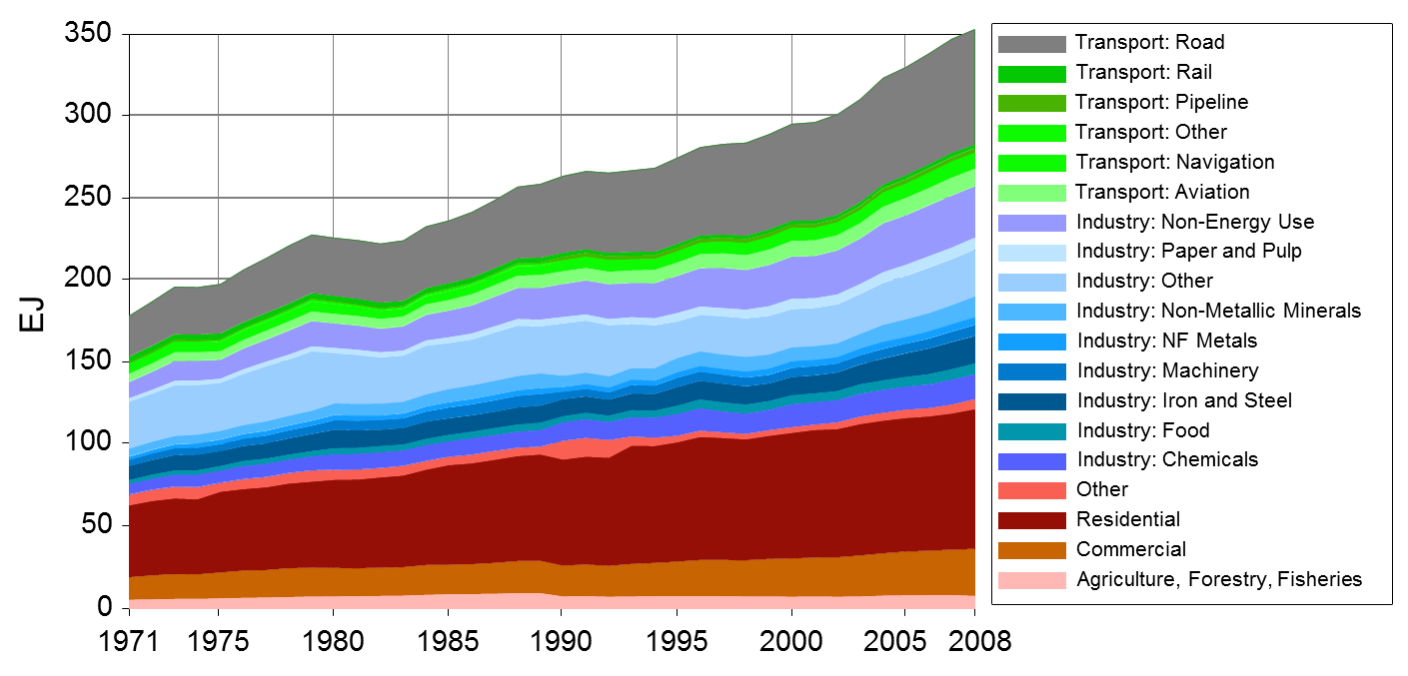
Source: IIASA, Energy Primier
Matching supply and demand
It operates like “magic”
But relies on massive infrastructure, markets, and regulations
- Deliver service at the right time, location, and price
- Meet safety, reliability, and environmental standards
- Increasingly disrupted by political economy and climate change
Solution is usually location and temporal based
Electrify eveything, where are we now
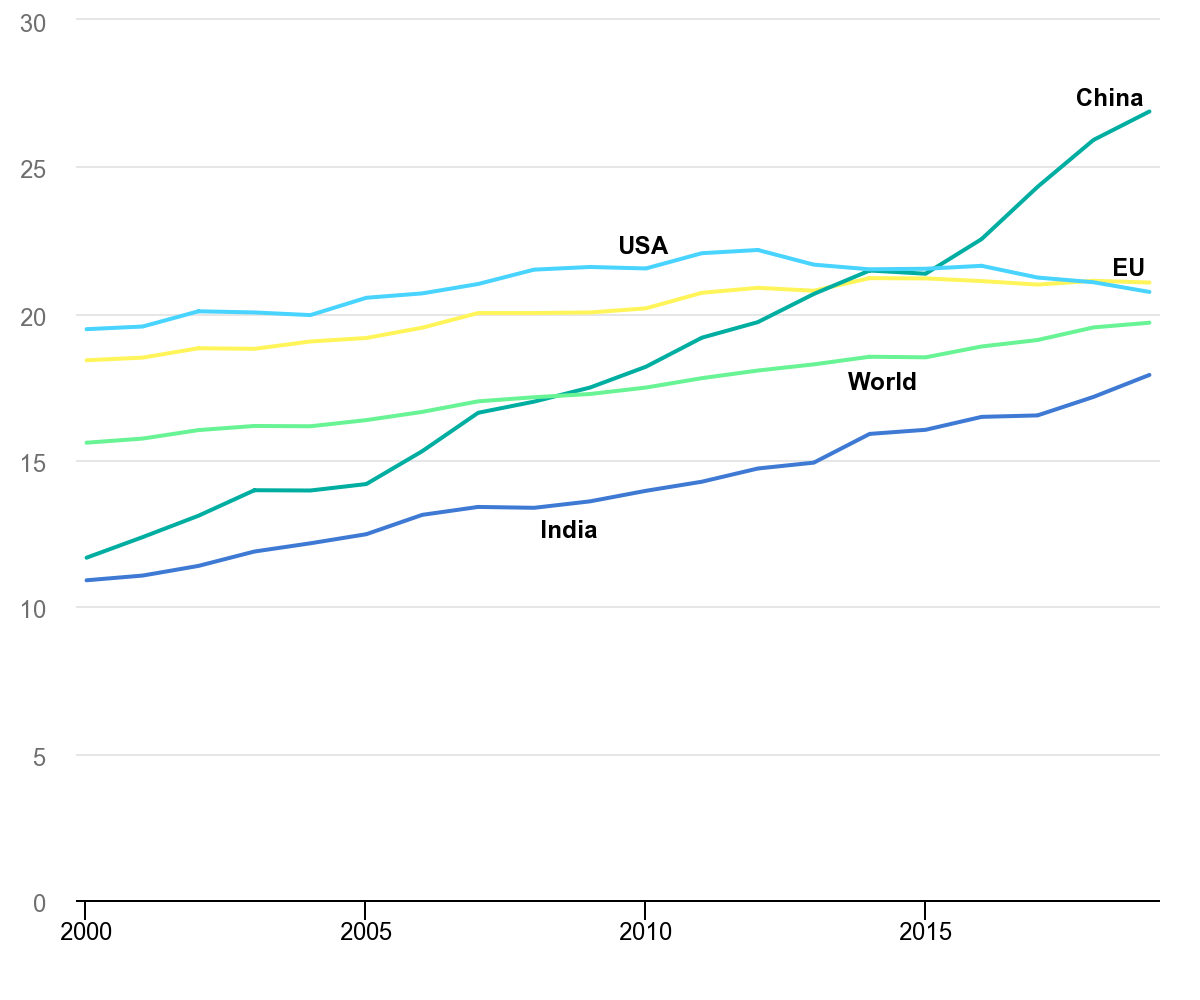
Source: IEA
Electrify eveything, net zero
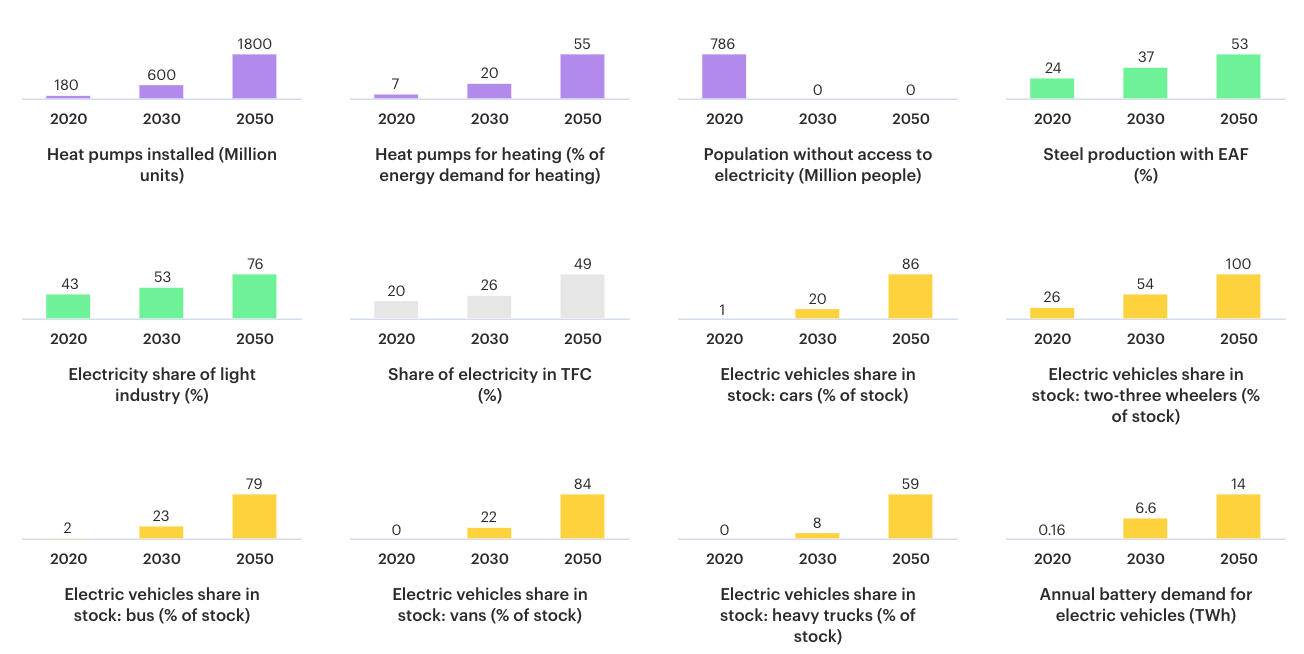

Energy efficiency
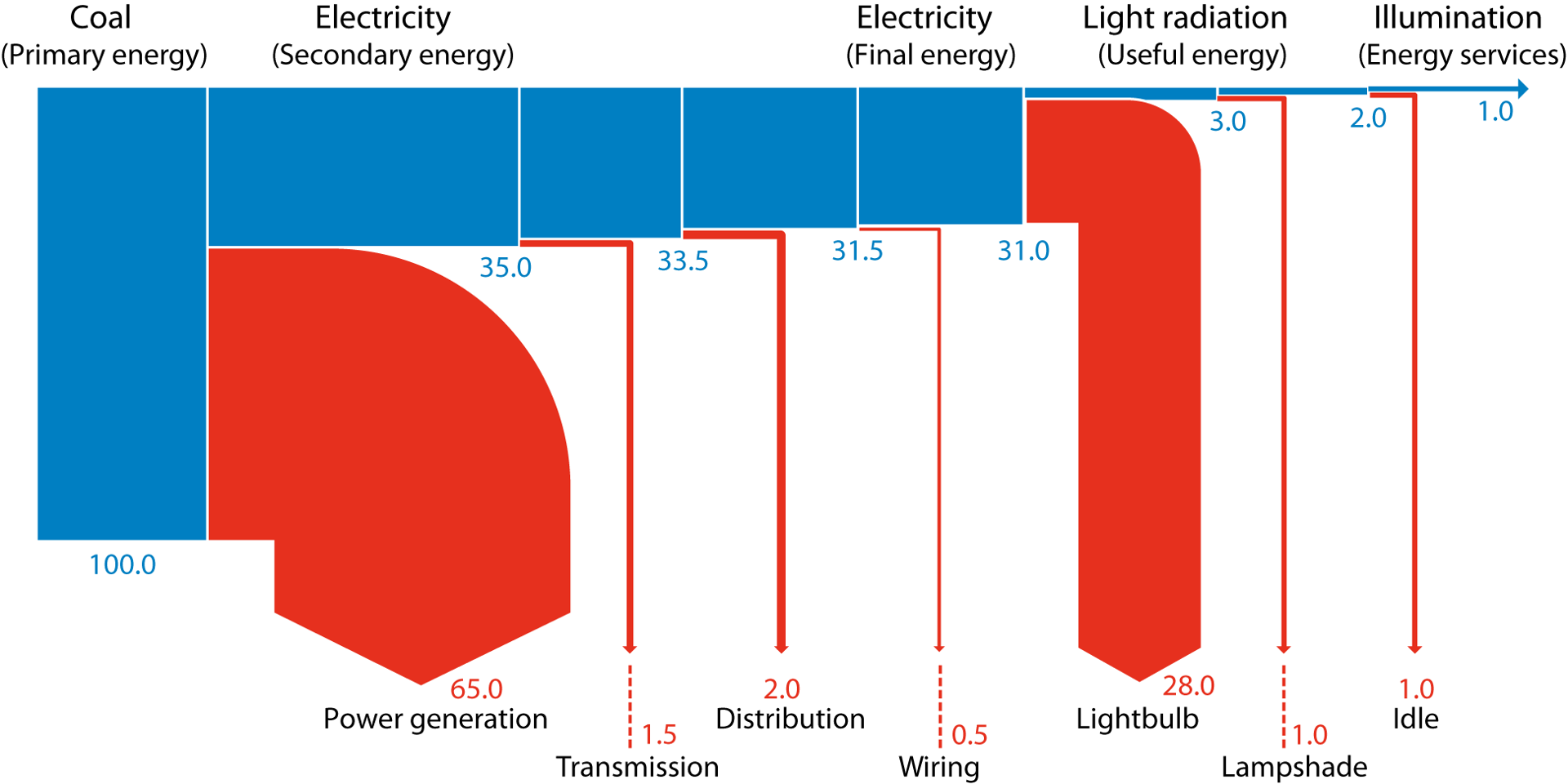
Source: IIASA, Energy Primier
Electric efficiency vs fossil efficiency
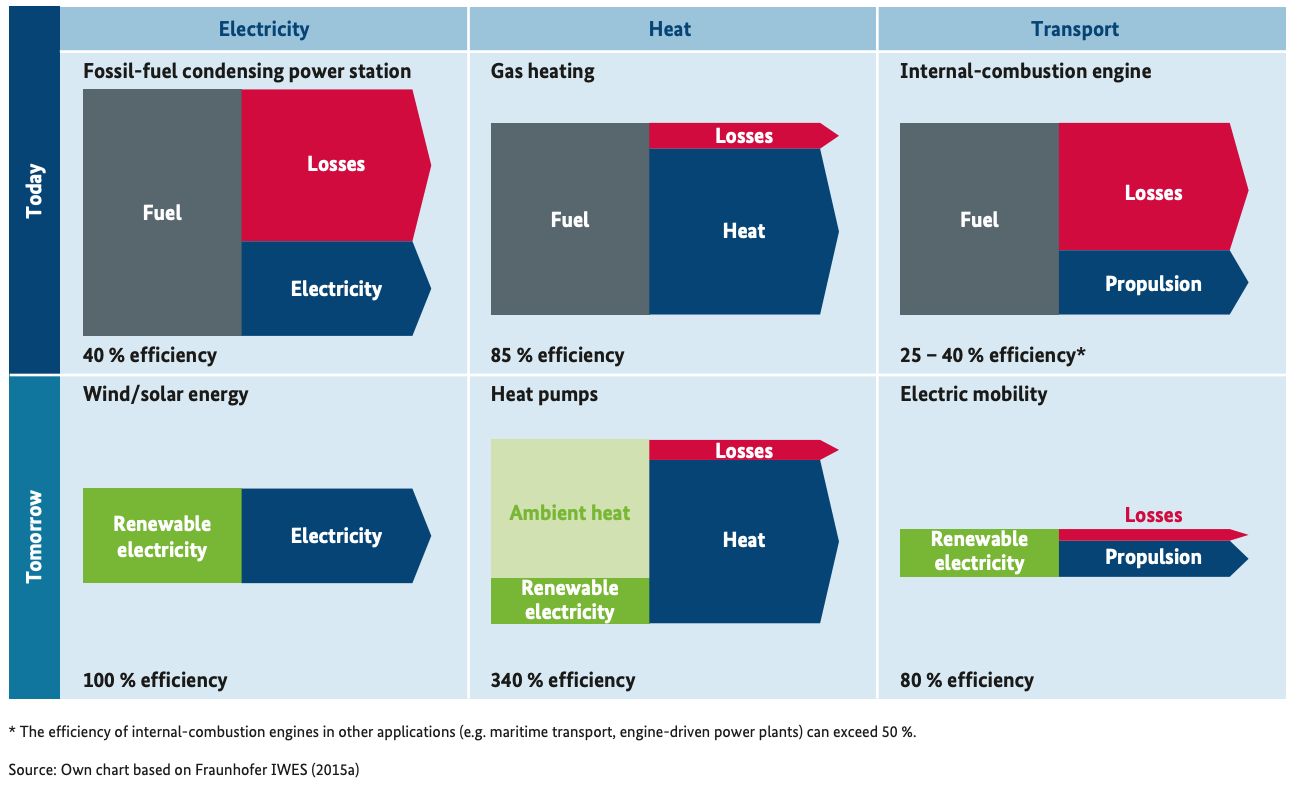
Source: BMWi (2015)
Milestones for long-term energy transition
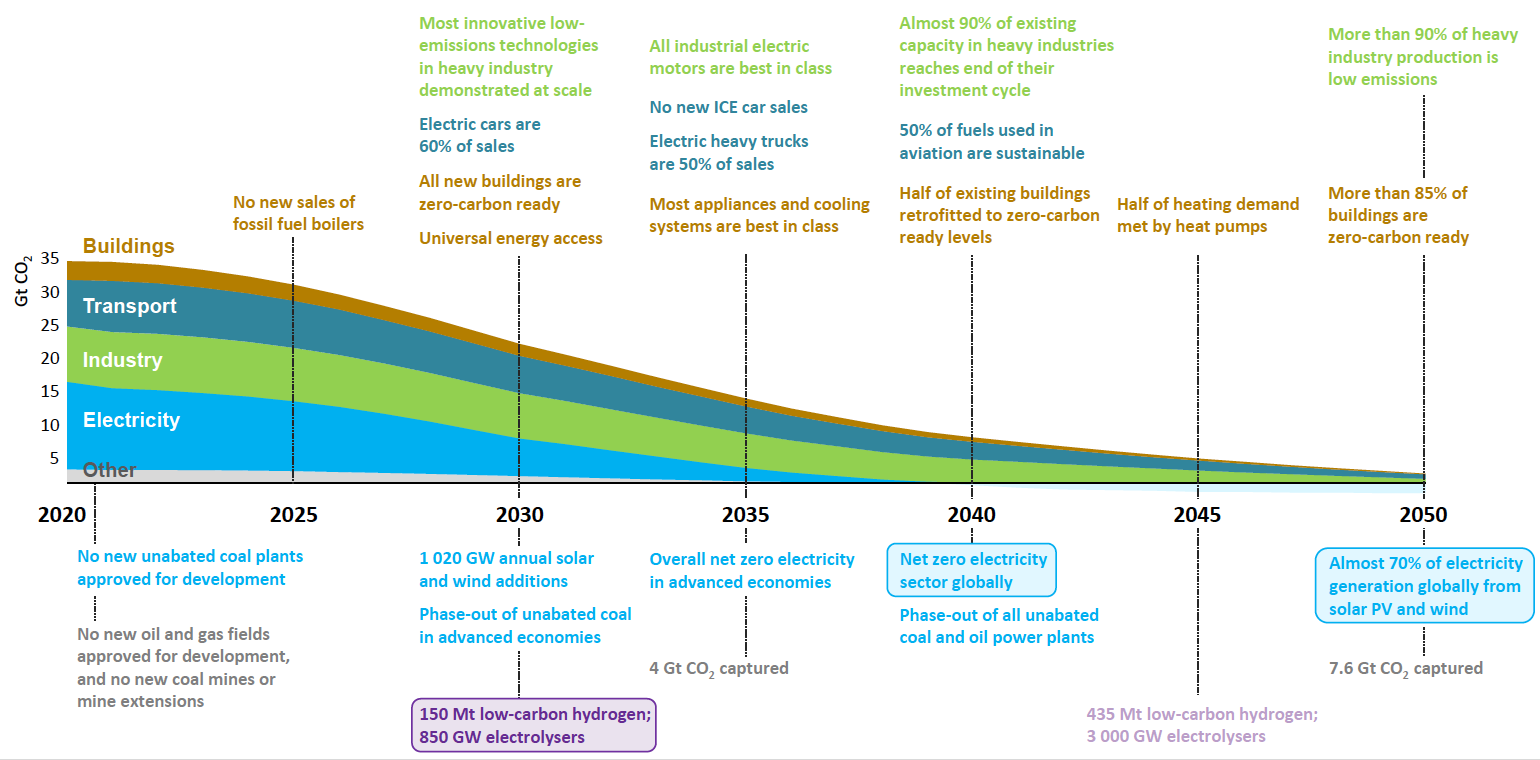
Source: IEA (2021)
NYS Climate Leadership and Community Protection Act

35%-40% of the benefits of NY CLCPA investments must flow to disadvantaged communities
U.S. shale gas revolution
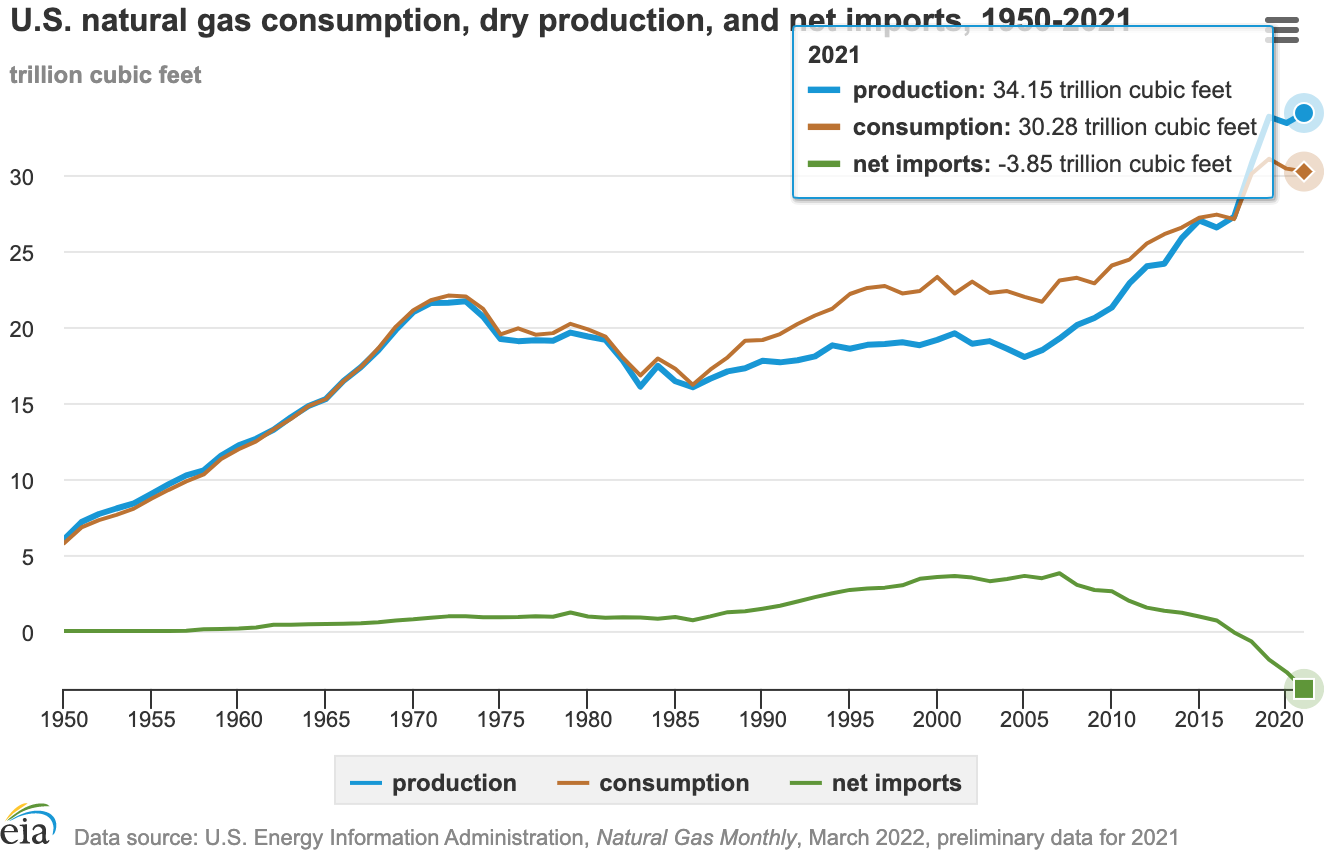
Source: EIA
Renewable revolution: achieving grid parity
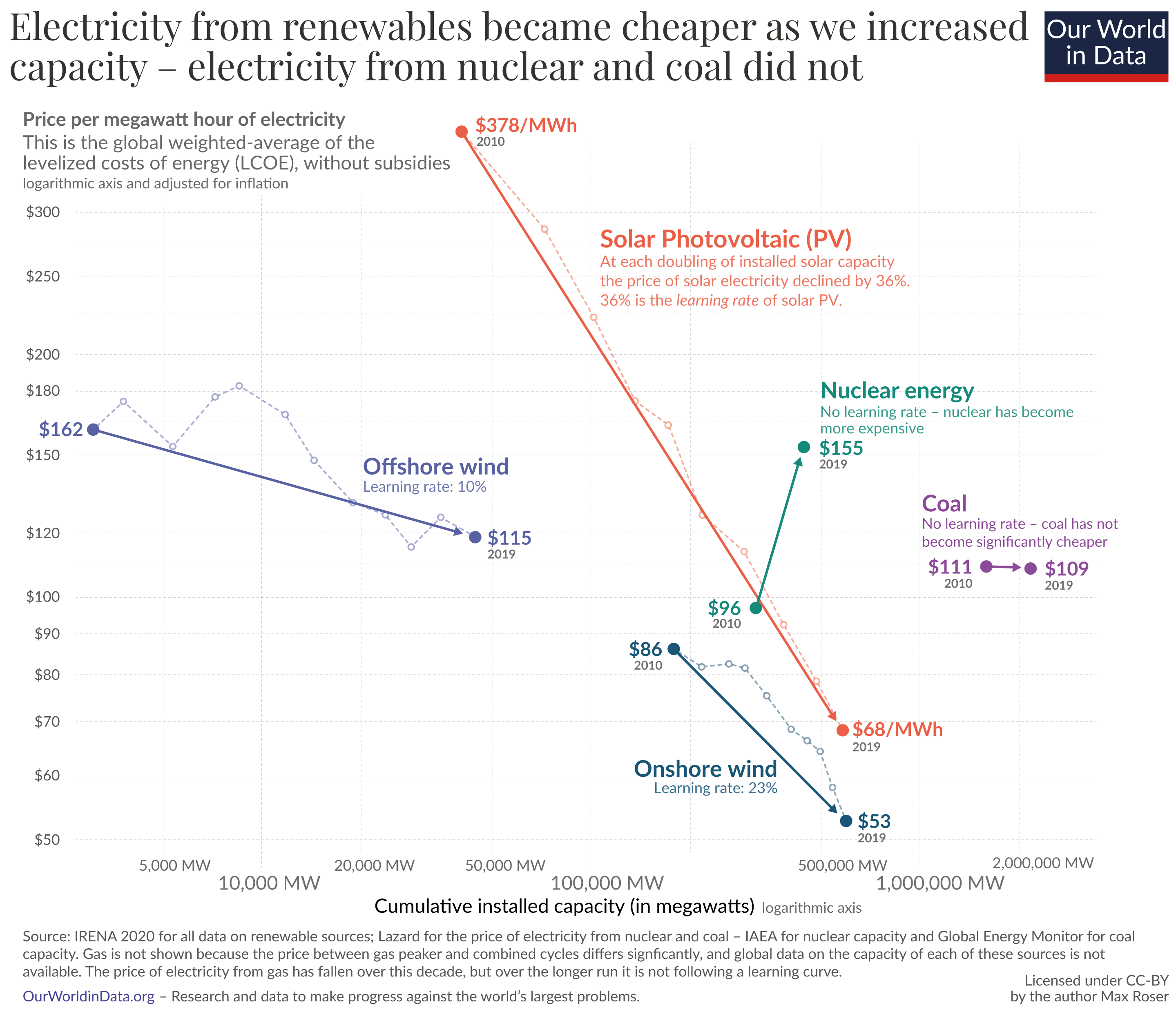
Source: Our World in Data
Renewable revolution: solar and wind taking off
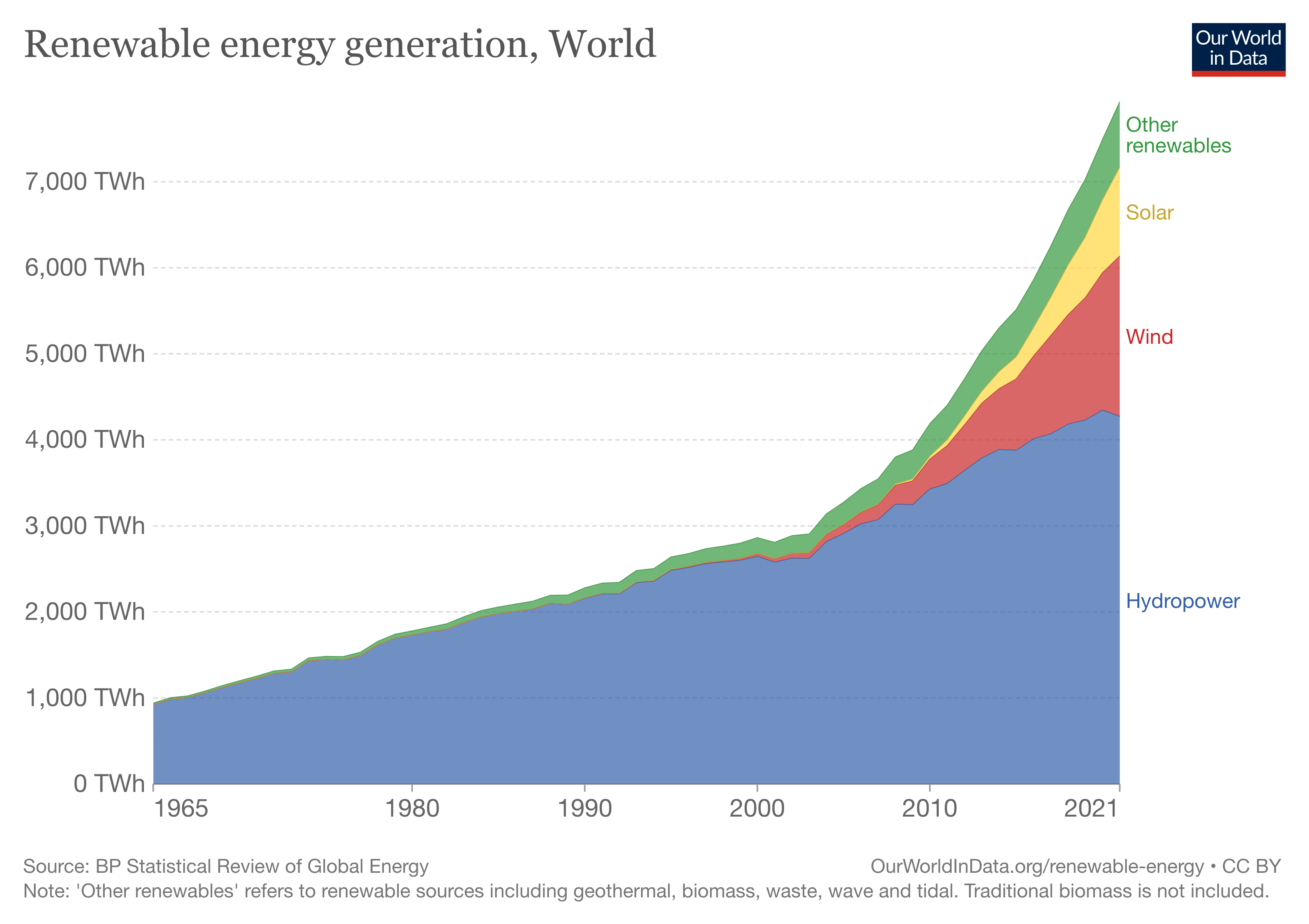
Source: Our World in Data
Modeler’s jargon
- Top-down vs. bottom-up
- Supply-side vs. demand-side
- Intensity
- Elasticity
- IAM
- Risks/uncertainties
How modelers think about an energy system
- System components, structure, and relations
- Networks (transmission, transport)
- Objectives and constraints (if do optimization)
- Validation and calibration
- Interpretation and communication
References
BMWi. 2015. “An Electricity Market for Germany’s Energy Transition: White Paper by the Federal Ministry for Economic Affairs and Energy.” Federal Ministry for Economic Affairs; Energy. https://www.bmwk.de/Redaktion/EN/Publikationen/whitepaper-electricity-market.html.
IEA. 2021. “Net Zero by 2050.” International Energy Agency.
Smil, Vaclav. 2017. Energy: A Beginner’s Guide. Simon; Schuster.